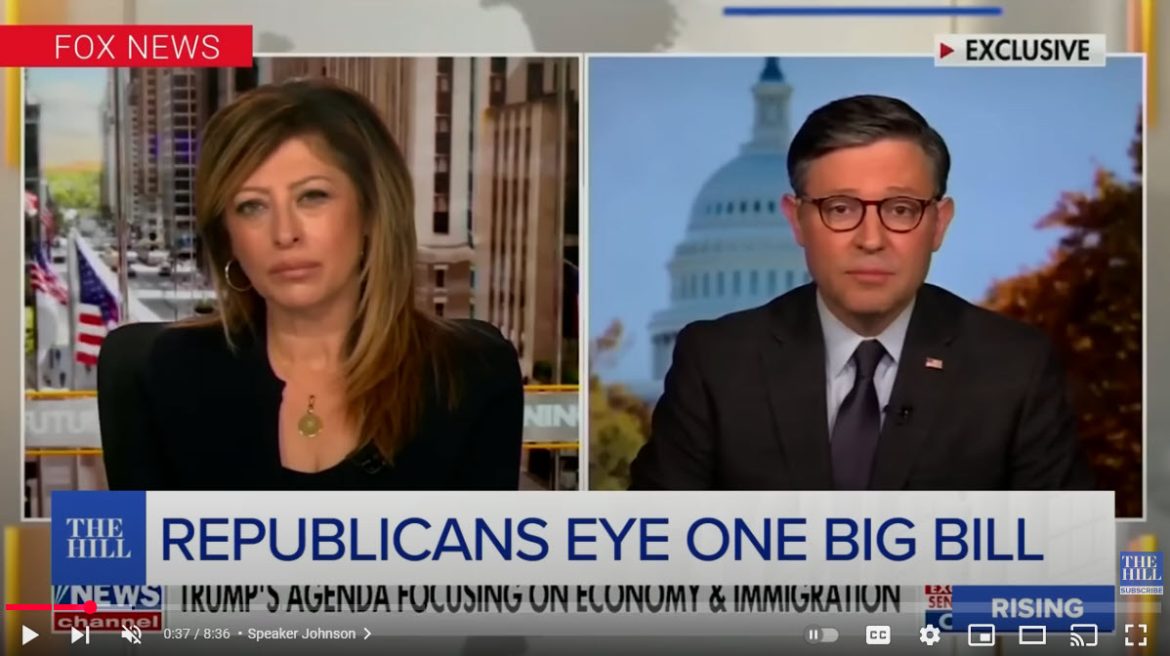President-elect Donald Trump is urging Congress to consolidate his key policy initiatives—including tax cuts, enhanced border security, and a revamped energy policy—into a single, comprehensive bill. He describes this proposed legislation as “one big, beautiful bill.” However, this approach has sparked a debate within the Republican Party, revealing differing strategic preferences among its members.
In the House of Representatives, Speaker Mike Johnson supports the idea of a unified legislative package. He believes that combining these initiatives into one bill will streamline the legislative process and reduce the number of votes required, effectively making it a referendum on Trump’s agenda. This strategy is particularly appealing given the House’s narrow Republican majority of 219-215, which necessitates strong party unity to pass significant legislation.
Conversely, Senate Majority Leader John Thune advocates for a two-bill strategy. He proposes addressing border security and energy deregulation in an initial bill, followed by tax cuts in a subsequent one later in the year. Thune argues that this approach could facilitate smoother passage through the Senate, where procedural rules and the potential for Democratic filibusters present additional challenges.
The President-elect’s stance has been somewhat flexible. While he has expressed a preference for a single comprehensive bill, Trump has indicated that achieving results is his primary goal, regardless of the legislative strategy employed. This openness was evident during a recent meeting with Senate Republicans, where Trump stated that the specific approach “doesn’t matter to me,” emphasizing the importance of enacting his agenda.
Texas Congressman Tony Gonzales is among those who support the comprehensive bill approach. He contends that a piecemeal strategy could lead to delays and complicate the legislative process. Gonzales believes that consolidating the initiatives will expedite their implementation and provide clarity to the American public regarding the administration’s priorities.
Despite these discussions, no definitive strategy has been finalized. The Republican Party continues to deliberate on the most effective method to advance the President-elect’s agenda, weighing the benefits of a unified legislative package against the potential advantages of a segmented approach. The outcome of these deliberations will significantly influence the legislative direction in the early days of Trump’s administration.
As the inauguration approaches, the urgency to establish a clear legislative strategy intensifies. The Republican Party’s ability to coalesce around a unified approach will be crucial in determining the success of the President-elect’s proposed policies. The coming days will be pivotal as GOP leaders strive to reconcile their differences and present a cohesive plan to the American people.



